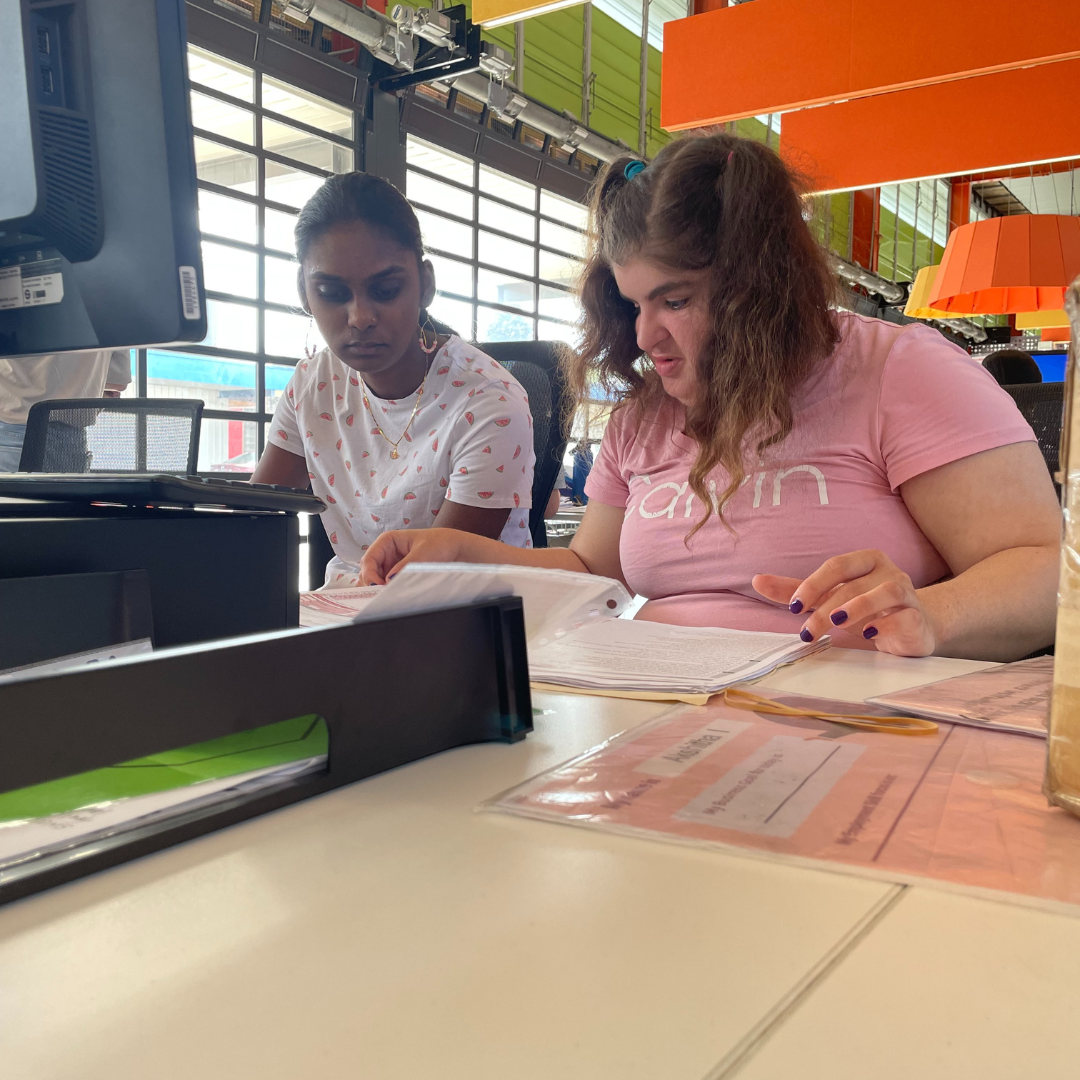Effective verbal and written communication is essential in any professional setting. These skills help convey ideas clearly, provide precise instructions, and foster strong collaboration. Mastering both forms of communication enhances clarity, reduces misunderstandings, strengthens workplace relationships, and improves overall efficiency.
Why Communication Matters in the Workplace
✅ Clarity and Understanding – Clear communication ensures everyone understands their responsibilities, leading to higher productivity, fewer mistakes, and better results.
✅ Teamwork – Strong communication supports collaboration, helping team members align their efforts, share ideas, and contribute to project success.
✅ Professionalism – Polite, clear, and respectful communication fosters a positive work environment and reflects professionalism.

✅ Problem-Solving – When communication is clear, it’s easier to ask for help, clarify instructions, and resolve issues, reducing stress and improving efficiency.
✅ Building Relationships – Effective communication, including friendly greetings and open dialogue, helps establish trust with colleagues, supervisors, and clients, creating a supportive and cooperative workplace.
Practicing verbal and written communication at home
Verbal Communication
- Simulate workplace conversations – Practice asking for clarification or providing project updates.
- Engage in greetings and small talk – Simple phrases like “Good morning” or “How are you today?” build rapport.
- Ask clear and polite questions – Examples: “What time is the meeting?” or “Could you clarify that point?”
- Work on tone and volume – Speak clearly, with a calm tone and appropriate volume.
Written Communication
- Write notes and to-do lists – Organise thoughts logically and clearly.
- Practice professional emails – Simulate workplace emails by requesting information or following up on tasks.
- Read and summarise – Improve comprehension and written expression by summarising articles or instructions.
- Use polite language – Incorporate words like “please,” “thank you,” and “excuse me” in conversations and emails.
- Use technology – Practice sending professional messages via email or phone, ensuring clarity and professionalism.
Giving & Receiving Feedback
- Offer constructive feedback by highlighting strengths and areas for improvement.
- Practice receiving feedback with an open and professional attitude.
By developing these communication skills, you’ll gain confidence and be better prepared for the workplace. Stay tuned for next month’s update, where we’ll explore more transferable skills learned at Jigsaw Academy!